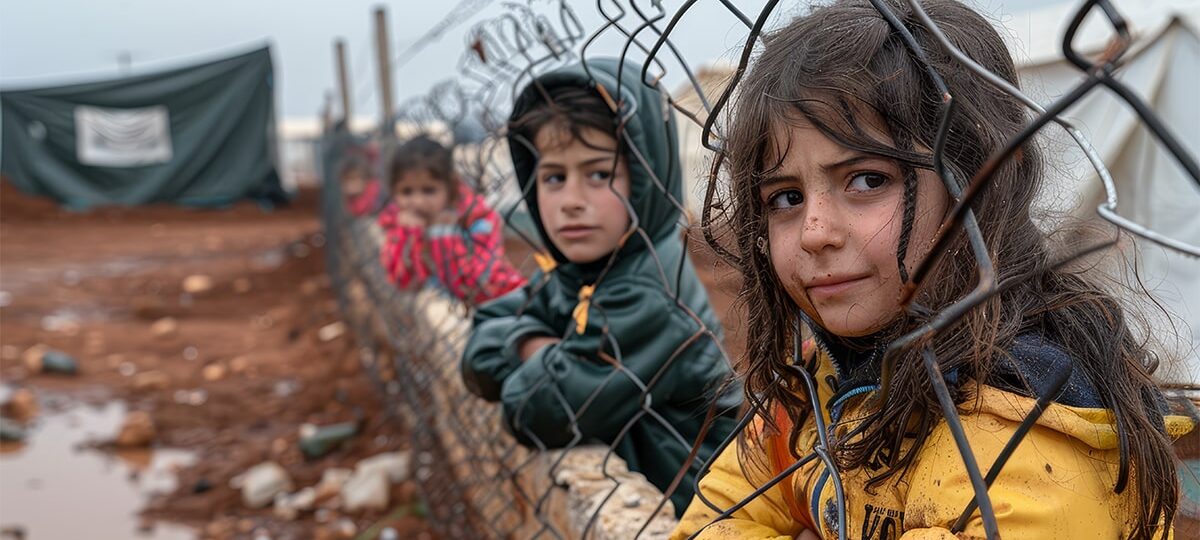In a world increasingly marked by natural disasters, conflict, and political instability, humanitarian aid plays a pivotal role in alleviating human suffering. Organizations like Humanitarian Watch provide critical oversight and insight into the challenges faced by refugees, displaced individuals, and communities affected by crises. Their work highlights the complex intersection of disasters, refugee needs, and the global response efforts designed to offer relief and support.
Disasters and Their Impact
Natural and man-made disasters have become an unfortunate constant in many parts of the world. Earthquakes, floods, hurricanes, and droughts disrupt lives, leaving behind devastated communities. Additionally, armed conflicts, political turmoil, and human rights abuses further exacerbate the suffering. The consequences are often long-lasting, leading to a displacement of millions, overwhelming national governments, and local infrastructures.
Refugees and Displaced Persons
Refugees and internally displaced persons (IDPs) represent some of the most vulnerable populations during times of disaster. According to the United Nations High Commissioner for Refugees (UNHCR), millions of people are forcibly displaced from their homes every year. Refugees flee violence, persecution, and the collapse of state structures, seeking safety and a chance to rebuild their lives. IDPs, on the other hand, may not cross international borders but still face dangerous and precarious living conditions within their own countries.
Global Aid Efforts: A Collective Response
Global aid efforts, spearheaded by intergovernmental organizations like the UN, non-governmental organizations (NGOs), and local communities, form a crucial part of the global humanitarian response. Aid efforts range from providing emergency relief—such as food, water, and medical care—to long-term solutions like education, resettlement programs, and infrastructure rebuilding. While these efforts often involve vast sums of money and coordination between multiple stakeholders, challenges remain, particularly in conflict zones where access to affected populations is restricted.
Humanitarian Watch plays a vital role in documenting the needs of these vulnerable populations and ensuring accountability in aid distribution. Their reports advocate for the rights of refugees and IDPs, monitor international humanitarian law compliance, and highlight areas where assistance can be improved or scaled up.
Challenges in Humanitarian Aid
Despite the collective efforts of the global community, significant challenges persist in providing adequate assistance to those affected by disasters and displacement. Political hurdles, logistical bottlenecks, and security threats make it difficult for aid to reach the most affected regions. Moreover, aid organizations often struggle with limited funding and resources, which can hinder their ability to provide sustainable and impactful solutions.
In conflict zones, the deliberate targeting of civilians, restrictions on humanitarian access, and the politicization of aid further complicate relief efforts. Humanitarian Watch and other advocacy organizations continue to press for stronger protections for aid workers and civilians, and for international actors to uphold their commitments to providing aid without discrimination or obstruction.
The Road Ahead
As the global landscape continues to evolve, the challenges facing refugees, displaced persons, and those impacted by disasters are expected to grow. The need for robust, responsive, and well-coordinated aid will only increase. By working together, governments, NGOs, and international organizations can create more effective, flexible, and sustainable aid programs that address both immediate needs and long-term recovery.
Humanitarian Watch’s efforts to monitor, report, and advocate for the rights and dignity of refugees and disaster-affected populations are essential in ensuring that global aid reaches those who need it most. With continued vigilance and international cooperation, the global community can rise to the challenge and provide a lifeline to those whose lives have been torn apart by disaster and conflict.

